Tribulus is a plant that is claimed to increase not only male stamina, libido, and sexual function, but also female pleasure and sensitivity. Does this herbal supplement live up to its reputation? Is this really an x-rated plant?
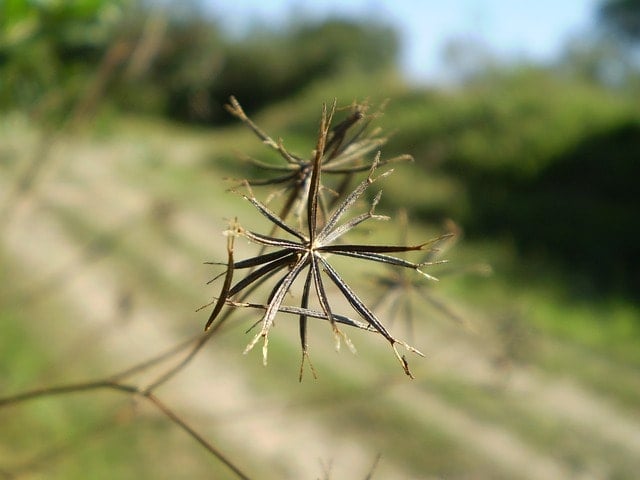
What Is Tribulus?
Tribulus terrestris L. is a flowering plant of the zygophyllaceae family. It is also known as “hard thorns,” “goat head,” “puncture vine,” “caltrop,” and “yellow vine.” More about this later. It is a hairy shrub that grows particularly well in the Mediterranean. It grows up to 60cm high and has unequal leaves and small hard fruits. The fruits and roots of this plant have been used in folk medicine in China, India, Pakistan, and Sudan for generations.
In Traditional Chinese Medicine it is used to “tonify” the kidneys and to improve eyesight. In Indian Ayurvedic medicine, it is used for infertility and erectile dysfunction. It even gets a mention in the Kama Sutra. (More of that x-rated stuff.) In Sudan, it is used to combat a wide range of inflammatory conditions.
How can one simple little plant be used for so many different things? Well, one possible explanation is that in vitro studies suggest that different geographic sources of plants may exhibit different properties and different potencies (1).
In general, Tribulus contains over 100 steroidal saponins, flavonoids (including quercetin and kaempferol), glycosides, phytosterols, and terpenoids.
There are over 3,000 Tribulus derivative products for sale on Amazon, such as powders, capsules, and tinctures.
Tribulus sells for approximately $10 per fluid oz or $0.30 per capsule.
As an aside, one clever marketer on Amazon calls Tribulus “horny goat weed,” which may just be a fusion of its common names, or perhaps (and more likely) it is an attempt at suggesting who might want to buy it!
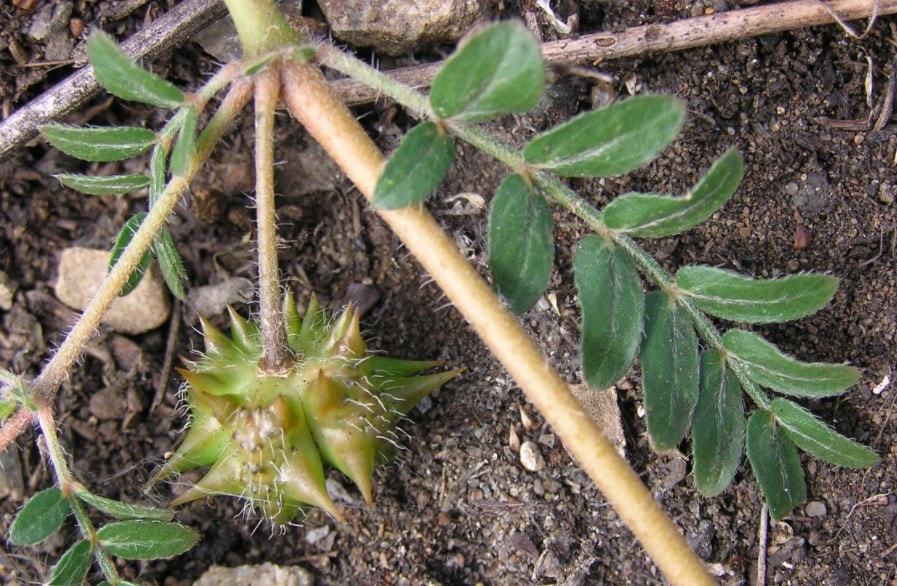
Can You Get Tribulus From Food?
No, not unless you plan on having a Tribulus smoothie. It is a plant and not a biochemical compound or entity.
Is There Any Research?
There are 363 publications on Tribulus, only 20 of which were clinical trials. To put this into context, there are currently only 16 clinical trials in the US, on the curiously much more popular but related SARMs (Selective Androgen Receptor Modulators) that are claimed to offer related benefits.
Does It Increase Strength? Promote Muscle Growth?

Some manufacturers of T. terrestris claim that the product can increase strength and lean body mass in under 28 days without affecting the results of drug testing.
A single study in 22 Australian elite rugby league players found that T. terrestris extract (450 mg per day) for 5 weeks did not result in any statistically significant increase in lean muscle mass or strength as compared to a placebo (2).
The study took place during pre-season intensive rugby training. Both the T. terrestris arm and the placebo arm performed structured pre-season training, and both groups were noted to have significant increases in strength and lean muscle mass.
However, there was no statistically significant difference between the two groups, which tells us that the changes in physique were due to the training. Go figure.
The researchers also investigated the influence of T. terrestris on the urinary ratio of testosterone/epitestosterone levels and found no changes in the urinary ratios, which supports the manufacturers’ claim that T. terrestris would not affect drug testing.
Bottom Line
You can probably get past dope testing in sports events with Tribulus, but it won’t increase your strength of lean muscle mass. Spoiler alert – you will actually need to exercise.
Does It Reduce Body Fat?
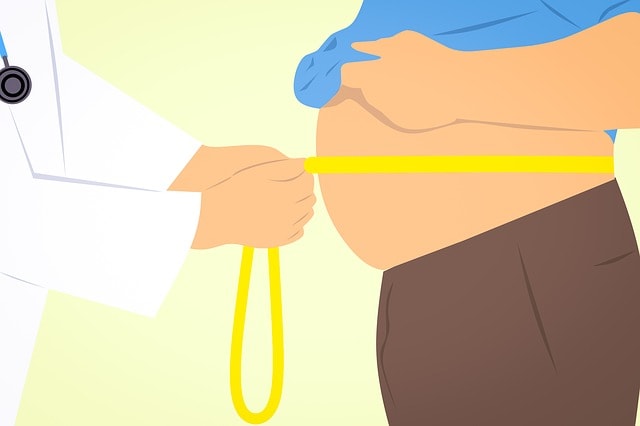
Tribulus contains protodioscin, which is a key phytochemical known to act on testicular stroll cells, germ proliferation, and seminiferous tubules. Why am I talking about that when I am supposed to be talking about body fat?
Well, a study of 65 men with abnormal semen analysis were given Tribulus 250 mg and were noted to have significant decreases in percentage body fat, along with increases in dihydrotesterone levels and significant improvements in three key sperm parameters (concentration, motility, and liquefaction time) (3). Yes, sperm have KPIs too.
The study suggests that Tribulus decreases body fat and exerts hormonal influences in men who have abnormal sperm. However, it is currently unknown what (if any) effect Tribulus would have on body fat composition in men without sperm dysfunction.
Bottom Line
Tribulus has been shown to reduce body fat in men with sperm dysfunction, while simultaneously increasing testosterone levels. It is unknown what (if any) effect Tribulus would have on body fat composition in men without sperm dysfunction
Does It Increase Libido or Sexual Function?

A number of studies address this perennial human concern.
A study in 180 men (aged 18 to 65 years old) with mild to moderate erectile dysfunction were randomized to take either Tribulus or a placebo (4). The Tribulus was dosed at 500 mg three times daily after meals for 12 weeks. Controls received a matched placebo. There was a statistically significant improvement in erectile dysfunction scores in the Tribulus treatment arm of the study and no significant adverse effects. Score one for one.
An Italian study published in 2012 compared Tradamixina (a combination of Alga ecklonia, Tribulus, and glucosamine) versus Tadalafil (first cousin of sildenafil) in 70 men with a reduced libido (5). After two months of treatment, there was a statistically significant increase in the testosterone levels in the Tribulus study arm as compared to the Tadalafil arm. Logically, Tadalafil is a phosphodiesterase inhibitor and would not be expected to impact on plasma testosterone levels. Study participants completed a Sexual Quality of Life and Erectile Function Scores questionnaire. (Most questionnaires could be considered to be effective libido-lowering agents).
Tadalafil improved erectile function but did not have an impact on the libido, while Tradamixina improved both erectile function and libido. The study authors deny any conflict of interest or commercial interest in the Tradamixina compound. Score two for two.
A prospective double-blind study of 39 men aged >/= 40 years of age with erectile dysfunction were randomized to Tribulus 400 mg twice daily or a matched placebo for 30 days (6). The authors concluded that Tribulus (at the dose and interval studied) was no more effective than the placebo at improving erectile dysfunction symptoms or testosterone levels. Spoiler alert.
Pretty confusing. It gets worse. It is widely believed that Tribulus increases testosterone and thereby increases sexual function. A comprehensive review published in 2016 reviewed all the studies published between 1968 and 2015 on Tribulus (7).
The authors concluded that “studies in humans and animals revealed an important role for Tribulus in treating erectile dysfunction and sexual desire problems; however, empirical evidence to support the hypothesis that these desirable effects are due to androgen-enhancing properties of Tribulus is, at best, inconclusive, and analysis of empirical evidence from a comprehensive review of available literature proved this hypothesis wrong.”
Bottom Line
Tribulus may or may not improve erectile dysfunction and may or may not do so by affecting testosterone levels. It is really frustrating (no pun intended) when research is so inconclusive.
Does It Help Women With Menopause?

Again, there are a number of studies to consider here.
Brazilian investigators conducted a randomized, double-blind, control trial in 60 postmenopausal women with sexual dysfunction (8). Women were randomized to take either Tribulus or a placebo for 90 days. There were statistically significant differences in favor of the Tribulus group in the domains of orgasm, sexual satisfaction, and vaginal lubrication. The authors concluded that Tribulus was effective in treating sexual dysfunction in postmenopausal women.
A prospective double-blind, placebo-controlled trial compared Tribulus 750 mg per day to a placebo in 45 sexually active postmenopausal women (9). Statistically significant improvements were noted in the Tribulus group in the domains of desire and orgasmia, but not for arousal or lubrication.
Bottom Line
Available clinical studies suggest that Tribulus may be effective in treating sexual dysfunction in postmenopausal women.
Does It Treat Herpes or Other Viral Infections?
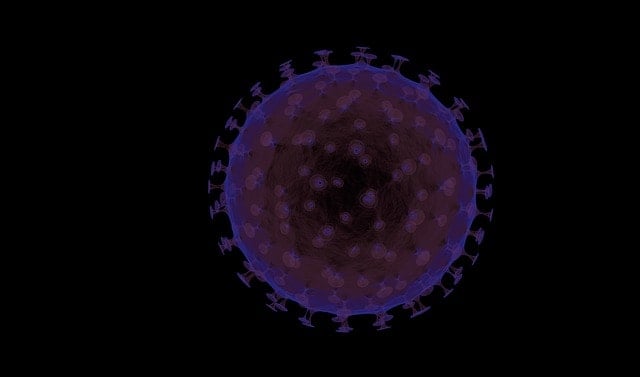
There are no studies to support an antiviral role for T. terrestris.
Bottom Line
Tribulus cannot claim an antiviral status.
Does It Protect Against Prostate Cancer?
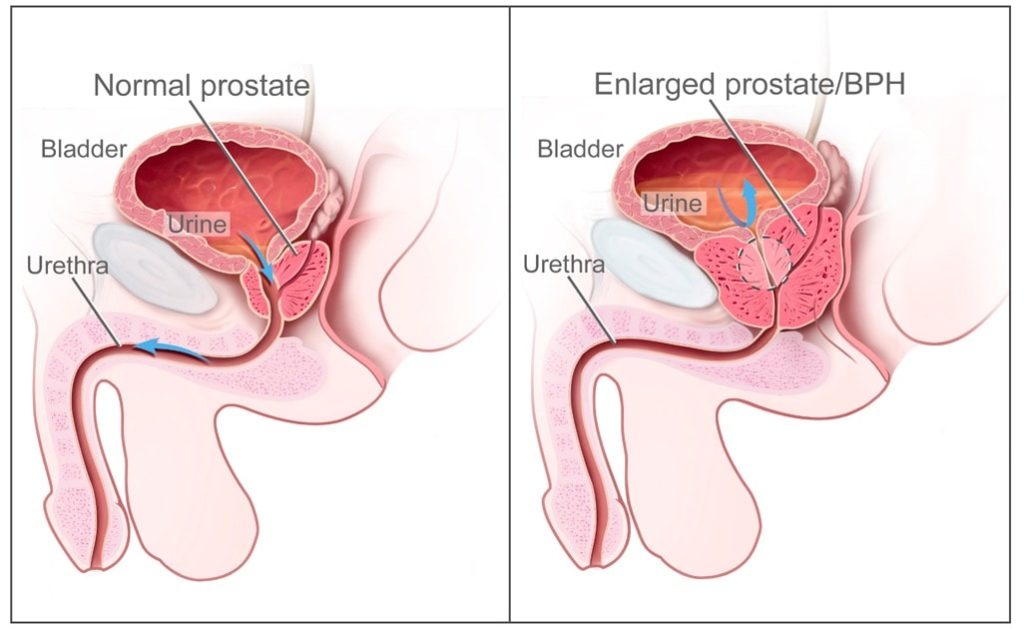
There are some pre-clinical studies to suggest a general anticancer role for Tribulus.
An in vitro study from China suggests that Tribulus may have an inhibitory effect on breast cell cancer lines (10).
A study from South Korea found that Tribulus extract blocks proliferation and induces apoptosis in human liver cancer cells through the inhibition of NF-κB signalling (11). A seminal paper from Beijing, China published in 2014 showed that terrestrosin (a steroidal saponin from Tribulus) inhibited growth and angiogenesis of human prostate cells in vitro and in a mouse model (12).
The authors reminded us that androgen-blocking therapies are often used in the management of prostate cell carcinoma and come with the limiting side effects of sexual dysfunction. Tribulus is not usually considered to block androgens (more about this later) and may enhance sexual function, which makes it a compound of interest in prostate cancer (that is, assuming that Tribulus enhances sexual function, which we have failed to demonstrate).
Another study looked at Tribulus versus Tamsulosin dosed over 12 weeks in 46 men with benign prostatic hypertrophy (13). The Tribulus was dosed twice daily, while the Tamsulosin was dosed once daily. In order to ensure double blinding, a matched placebo was used in the Tamsulosin group in order to give the appearance of twice daily dosing. Both the Tribulus and Tamsulosin arms of the study resulted in statistically significant improvements in the International Prostate Symptom Score.
There was no statistically significant difference between the Tamulosin and Tribulus arms of the study in terms of symptom outcomes. Patients in the study were only followed for 12 weeks, and the authors concluded that further studies are needed to assess the medium- to long-term safety and efficacy of Tribulus in this patient population.
Bottom Line
Tribulus is a potential antiprostate cancer drug but is unproven at this time.
Future Uses of Tribulus?
One study looked at the effect of Tribulus extract on acetaminophen toxicity in a freshwater fish species called Oreochromis mossambicus (14). According to the authors of the study, treatment with Tribulus afforded a significant hepatoprotective and antioxidant effect in the fish.
This is certainly an interesting finding, as acetaminophen-induced liver toxicity (intentional and unintentional) claims many lives every year. It is really difficult as a physician to meet patients who have impulsively overdosed on acetaminophen and subsequently regret that decision. Sadly, the liver toxicity cascade has usually already begun and often ends tragically.
That being said, I have to take this paper with a pinch of salt, as the abstract has a “capital offence” typo. The abstract of the paper interchangeably talks about mg/kg and kg/mg. A small oversight ,you may say, but from a safety perspective, this is a “gross basic” that undermines the credibility of the research (and the journal that reviewed the paper and let this pass unnoticed).
Put it like this, if I gave a 70-kg man 2 mg/kg, that would be 140 mg. If I gave 2 kg/mg, then that would amount to 140,000,000 mg. Quite the difference. It just goes to show that it is never enough to scan a paper and take the authors’ conclusions as gospel when it comes to health-related issues.
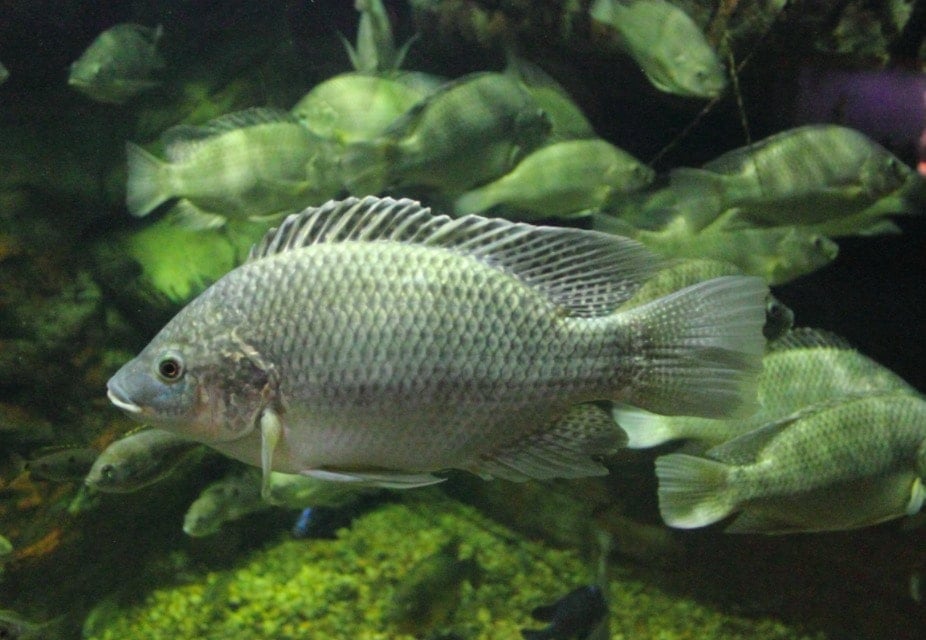
Is Tribulus Supplementation Safe?
A Turkish in vitro study evaluated the toxic potential of Tribulus on rat kidney cells and Salmonella species (15). They identified that Tribulus has potential estrogenic and genotoxic effects.
A case report of gynecomastia (male breast development) has been reported in a healthy, fit young man taking Tribulus as a sports supplement (16). This supports the possibility that Tribulus can exert estrogenic effects.
Again, I can hear your brain screaming. Have we not just talked about the pro-androgenic effects of Tribulus, whereas now we are talking about estrogenic effects? I agree, it is totally confusing. However, we have to remember that we are talking about a plant with hundreds of constituent compounds.
These constituent parts can vary from place to place in both quantity and quality. Additionally, it is plausible that the hormonal effects of Tribulus could be entirely different in super fit, healthy young men versus post-menopausal women versus older men with erectile dysfunction.
There is a single case report of a 36-year-old Caucasian man who had priapism lasting for 72 hours, which was attributed to Tribulus (17). Priapism is prolonged penile erection. Despite what you might think, there is nothing good about a 72-hour erection. Priapism is extremely painful, and there is a very real risk of tissue necrosis and long-term executive dysfunction. This patient had surgical decompression but unfortunately developed long-term erectile dysfunction.
There are two case reports of patients on oral anticoagulants who were taking a herbal mixture of T. terrestris, Avena sativa, and Panax ginseng and who developed otherwise unexplained rises in their INR (a measure of how thin the blood is) (18).
On the other side of the spectrum, three patients who took the same formulation were noted to develop an acute coronary syndrome due to thrombosis of their stents (19). The clinicians involved in the care of the patients suspected a complex drug-herb interaction between the formulation (or components therein) and antiplatelet agents that the patients were taking to keep their stents patent.
Again, an apparent paradox, as Tribulus is being blamed for causing clots and for causing bleeding. Again, I agree.
A case report of AKI (acute kidney injury) due to tubular bile casts was reported in 2015 (20). The patient was a healthy young male who had taken Tribulus, which was believed to be the cause of this unusual clinical presentation.
Conclusion
There is simply insufficient evidence on Tribulus to make any recommendations that I would stand over professionally. There are too few studies, too few patients, too many variables, and too many confounders to be sure about anything. Tribulus gets no rating (not even an x-rating) at this time.

Leave a Reply